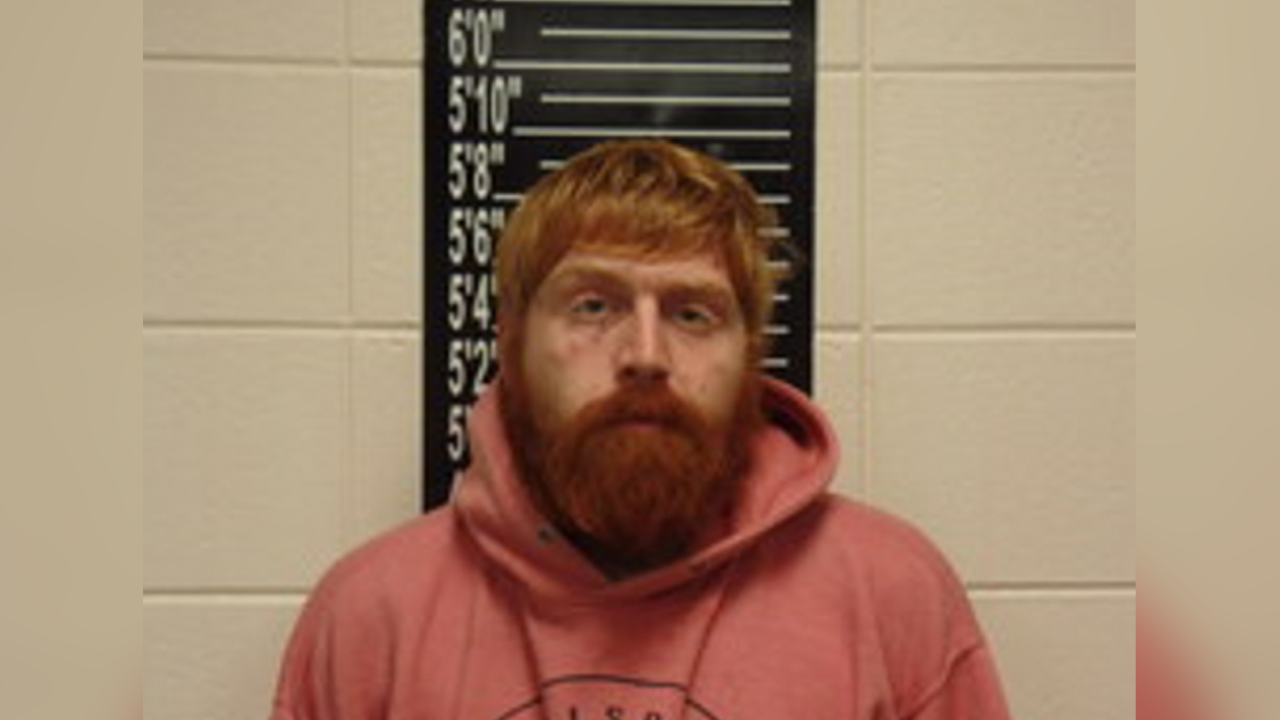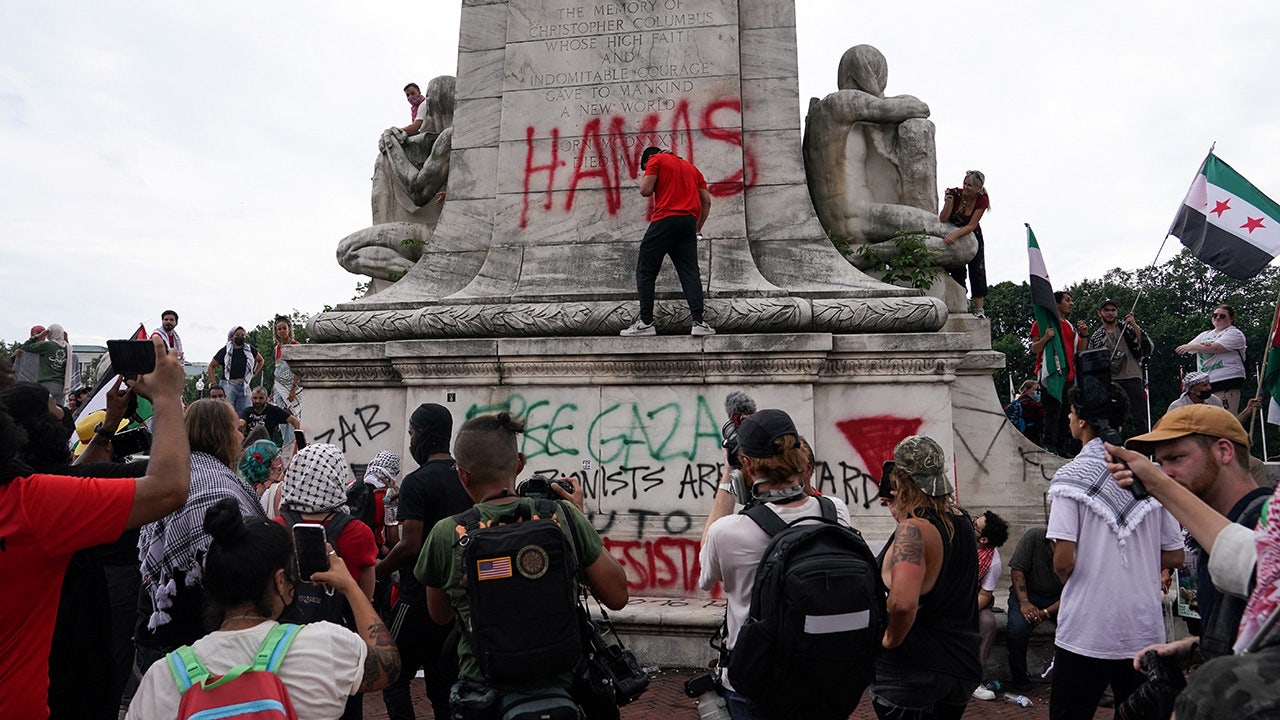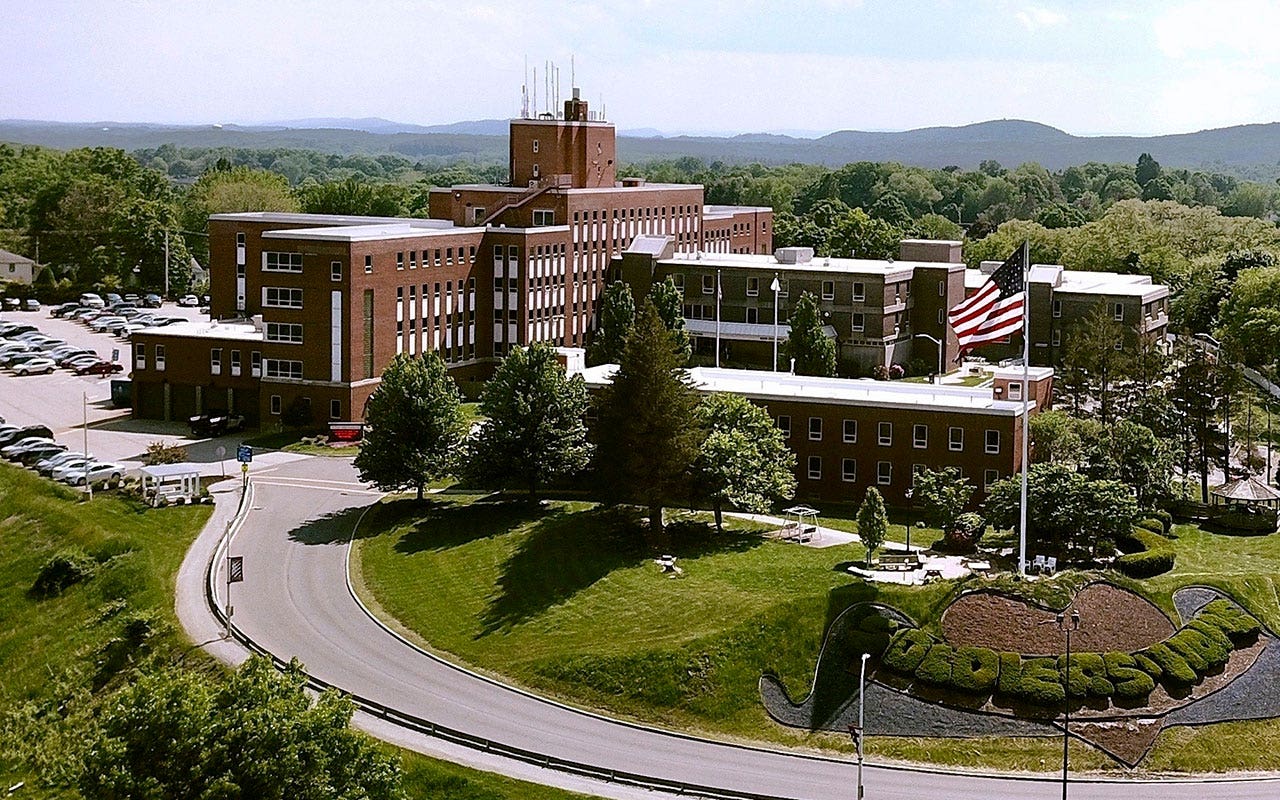The ceremony on Friday afternoon will begin with the naming of the 12 people who were killed on May 31, 2019, when an embittered city employee carried out a shooting spree at the building where he worked. At the end of the event, the site of a future memorial will be dedicated, where, eventually, the 12 names will be etched into the landscape of Virginia Beach.
The children of Mary Louise Gayle, whose name will be among them, have no plans to be at the ceremony. Sarah Leonard, her daughter, is taking her children camping. Matthew Gayle, her son, is resuming a sailing trip he cut short exactly five years earlier when he learned of a shooting at his mother’s workplace.
They could not bring themselves to join hands with a city that they, and members of some of other victims’ families, say let them down. In interviews, nearly a dozen people who lost someone in the massacre, or survived it themselves, described the last five years as maddening, saying that public promises of support and accountability seemed to fade away rapidly, along with the country’s attention.
“They washed us away with the tourist season,” Ms. Leonard said. What troubled her so much was that her mother, along with nearly all the other victims, had spent most of her career with the city.
The rampage, which mostly unfolded in the city’s Departments of Public Utilities and Public Works, in a colonial brick building just steps from City Hall, was one of the deadliest episodes of workplace violence in recent U.S. history. A city of military families and beach tourism, Virginia Beach suddenly became another community scarred by a mass shooting.
And five years later, Ms. Leonard said, speaking of herself and the other families, “no one is getting better.”
Patrick Duhaney, the Virginia Beach city manager, said the city had provided everything it could “to the extent that you can take taxpayers’ money to address a horrific situation like this.” The spending of nearly $10 million to build a memorial, he said, was a sign of that commitment.
For some of the families, the memorial is just a reminder of how much remains unaddressed. Only a year ago, there was a sense that they could force some changes. The families had been meeting and planning together for the first time since the shooting, and it seemed that their collective efforts could finally bring about the assistance and accountability they had sought.
Now some wonder if that was naïve.
“We all agreed that what’s happened to us is really awful, even worse than any of us individually had understood at the outset,” Mr. Gayle said. But in the end, he said, “there’s absolutely nothing we can do about it.”
After the shooting, grieving families began receiving varying amounts of compensation, some in workers’ benefits based on the victims’ salaries and some in payments based on assessments by a lawyer given the task of disbursing nearly $5 million in donations. Several family members said that city officials had instructed them not to talk to one another about the amounts they had received; a city spokeswoman denied that. Some, including the Gayle children, said they had been advised that contacting other families at all would only compound their grief. The city, they were assured, would take care of them.
“The mayor came to my house and said, ‘We’re family,’” Mr. Gayle recalled. “He put his hands on my shoulders and his head to my forehead and said: ‘I know this is awful. But you don’t have to worry about taking care of yourself.’”
With new #VBStrong stickers on windows all over the city, life’s routines quickly resumed. Some who had witnessed the killings returned to their jobs, fielding calls, as one survivor remembered, from utility customers angry about service delays. Families returned to their homes around the country. The pandemic came the next year, leaving them further isolated as they wrestled with grief and discovered the limits of the support and transparency they had hoped for.
The center the city helped set up to connect people to mental health resources could be frustratingly bureaucratic, some learned, due in part to the design of the federal grant that funded it. One man described being referred to a therapist only to be told his insurance did not cover treatment. Ms. Leonard ended up paying tens of thousands of dollars out of pocket.
A series of official investigative reports was released — from the local police, a firm hired by the city and the Federal Bureau of Investigation — mentioning flaws in the law enforcement response but generally praising the city and concluding that the shooting could not have been foreseen. Some victims’ families were appalled, insisting that a mass shooting that unfolded at the heart of the city government complex was a clear sign that something had disastrously failed.
Family members and their colleagues, some said, had long complained of a toxic office culture and had even raised concerns about the man who became the shooter, DeWayne Craddock, who was killed by the police. When such complaints were brought up in the reports, they was said to be contradicted by workplace surveys “in which employees consistently reported high levels of satisfaction.”
The last venue for a full accounting was a commission created by the state legislature to investigate the shooting. But by winter 2022, that commission was falling apart.
Then something turned up.
Through a wrongful-death suit against Mr. Craddock’s estate, Debbie Borato, whose sister, Missy Langer, was among the victims, had come into possession of the condominium Mr. Craddock had lived in at the time of the attack. She arrived there in November 2022 to clean it out, finding inside only some broken furniture and a few boxes. In one of the boxes was a laptop. None of the official investigations mentioned a laptop.
Here, as many of the families saw it, was proof that their suspicions about the thoroughness of the investigations were legitimate.
This discovery was fresh in early 2023, when members of nearly all of the victims’ families gathered in Virginia Beach to discuss lobbying the state for a $40 million fund for survivors and victims’ family members. It was the first time that many of them had spoken to one another at any length. And they discovered that the grievances they had privately held over the previous four years were shared by the others, too.
Under Virginia law, it was already too late to file the kind of suit that groups of families have filed against the authorities after other mass shootings. But the families began strategizing, meeting with lawmakers in Richmond and Washington and organizing their own public commemoration on the fourth anniversary — separate from the city’s official event, which emphasized the heroism of the police officers who responded.
“I was hopeful something would happen, whether I was correct to felt that way,” Mr. Gayle said. “In retrospect, I probably wasn’t.”
When the legislative session ended last year, Virginia had established a $10 million fund to provide financial support to people affected by mass violence, the first such fund in the country. But there was no legislation specifically for those connected to the Virginia Beach shooting.
At a brief meeting in September, the few remaining members of the state investigative commission declared their work done. They released a report full of recommendations on preparing for and responding to mass shootings, but with no new investigative findings. The commission refused to look at the laptop, saying there was no way to know who had handled it in the years since the shooting.
Some members of the commission said the city had not been forthcoming with documents or requested interviews, a claim the city denies. Two members who resigned in frustration said that the commission might have been intentionally hindered by some of its own members.
In early 2024, the building where the mass shooting took place was reopened as the city’s new police headquarters.
“It feels like they were just trying to wipe us away,” said Carl Britt, a city worker for 33 years who was left a quadriplegic by the shooting. “And to a certain degree, they succeeded.”
The Gayle siblings stopped talking to each other amid the bitter disappointments of last year. Ms. Leonard is now wading through the paperwork to apply for state funds for victims of violence.
Mr. Gayle said he was trying to move on from being angry at Virginia Beach. Beyond the memorial, it seemed to him that the city had moved on a long time ago.
“Everywhere I walk, there’s a #VBstrong sticker on a window somewhere,” he said. “If you ask people about it, they’re like, ‘It just means we love Virginia Beach.’”






